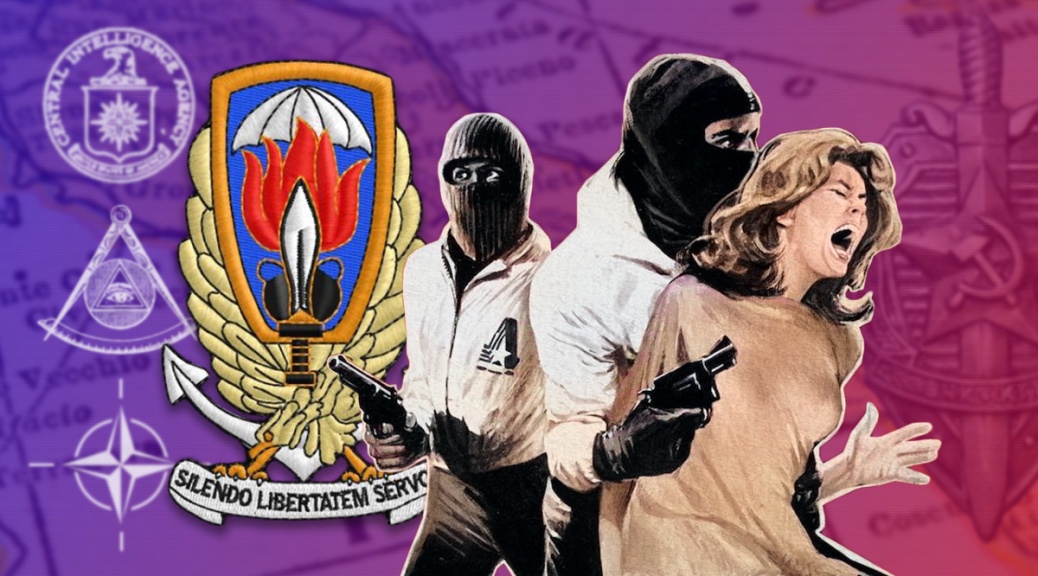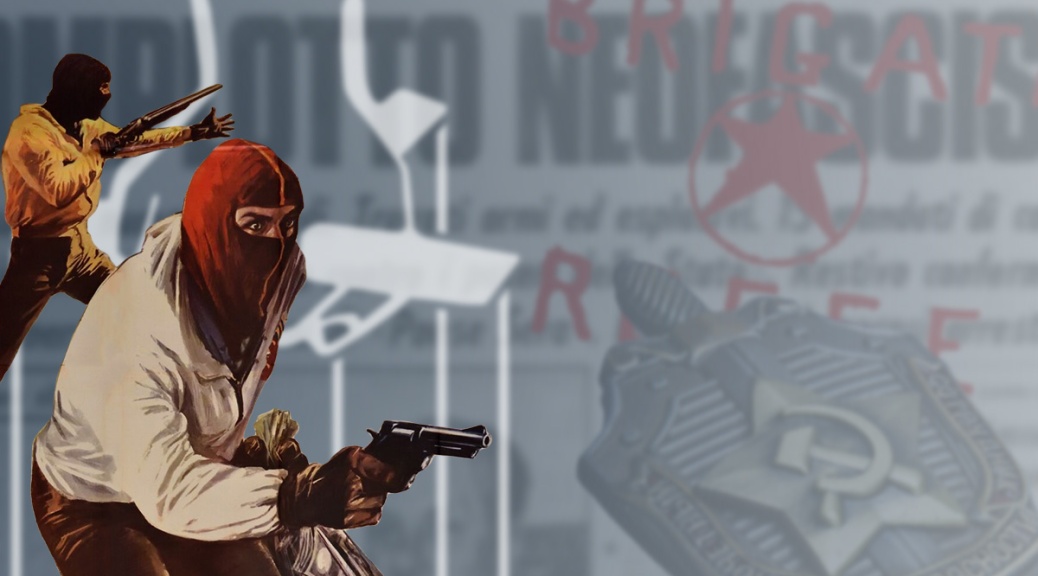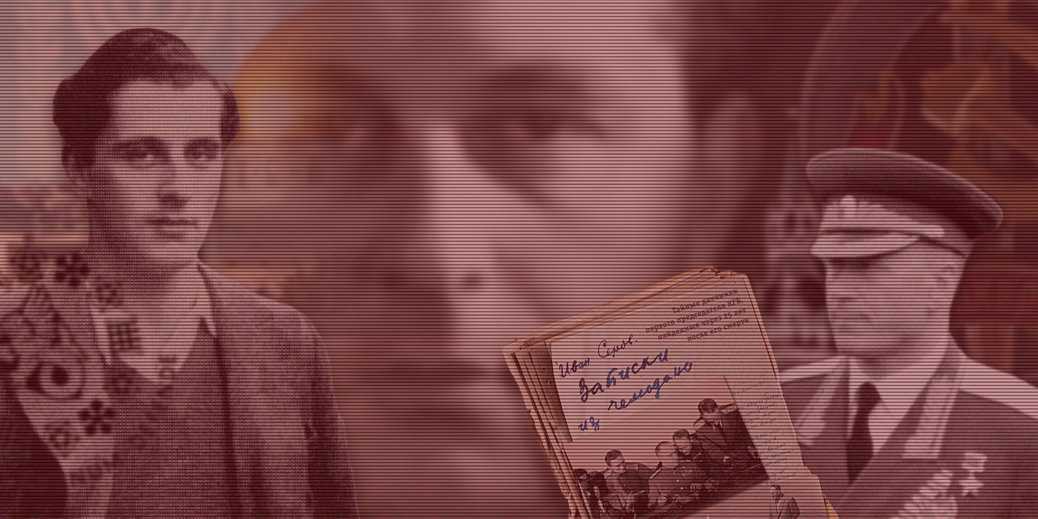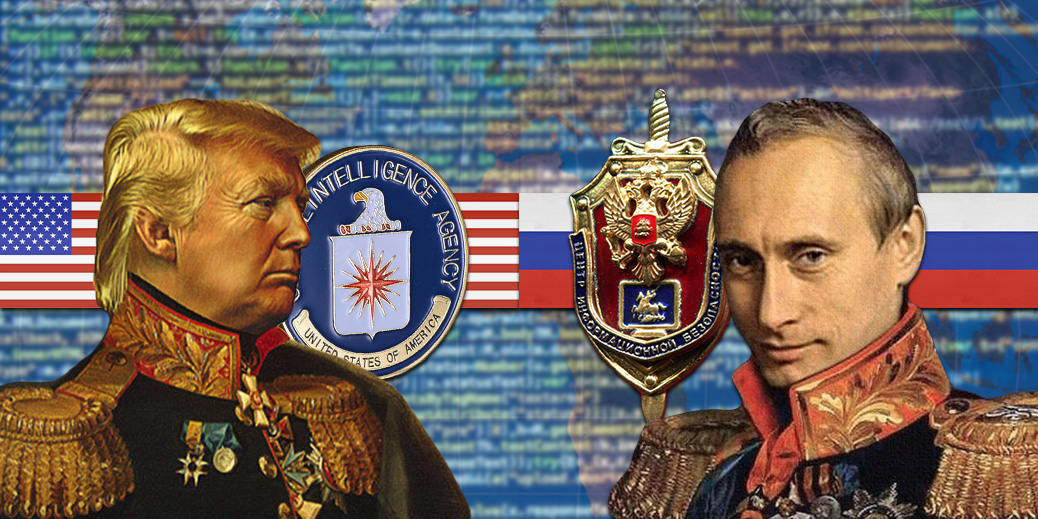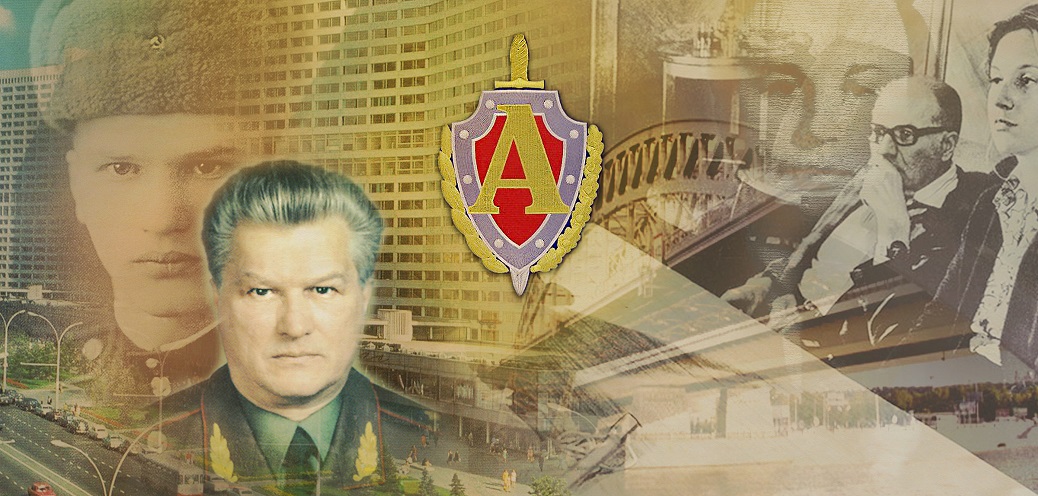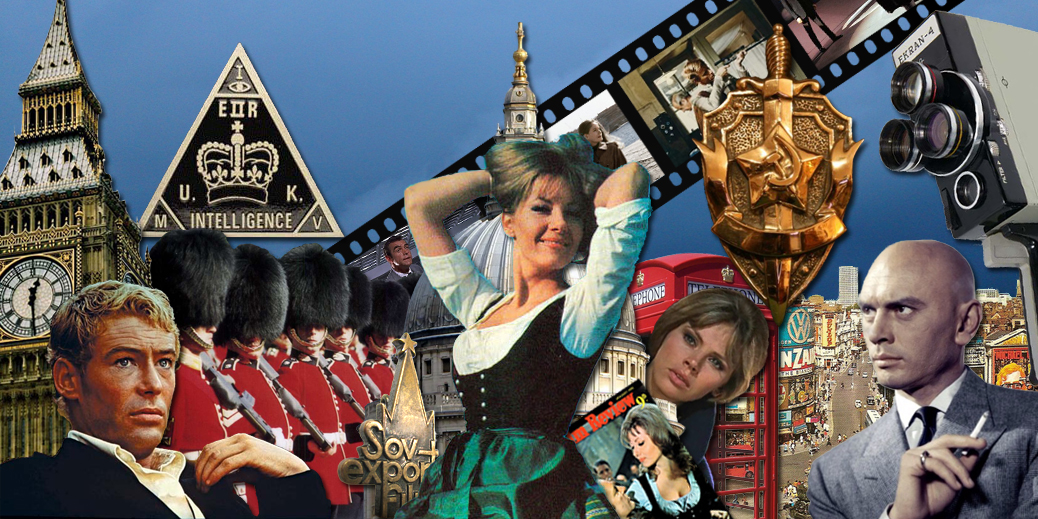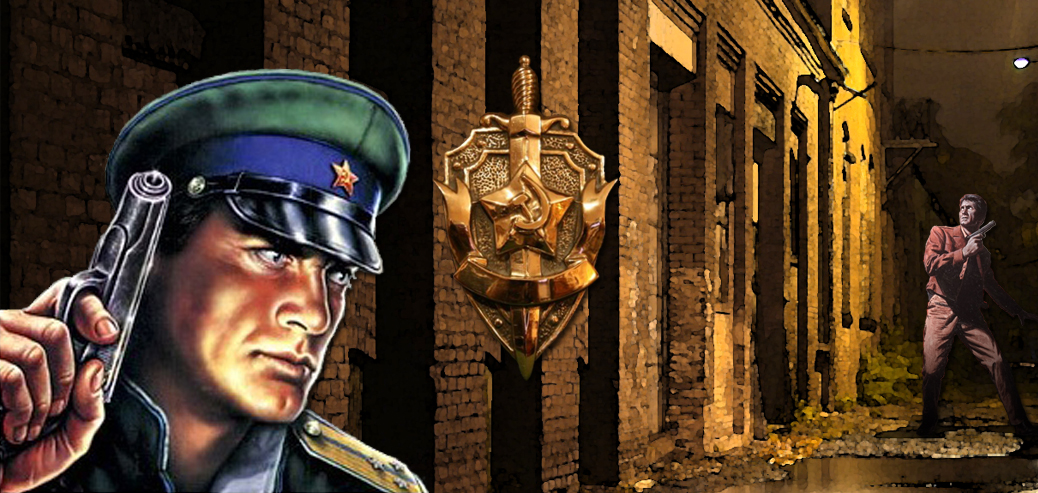While stationed in Italy, Soviet journalist and undercover KGB officer Leonid Sergeevich Kolosov (1926-2008) was told by none other than mafia boss Nicola Gentile about the realities of power in postwar Italy. Gentile’s revelations and information provided by other agents pointed to a “secret government” running Italy through an elite masonic lodge: P-2, itself a tool of the CIA and NATO’s infamous Gladio program.
My meetings with Nicola Gentile, already without Felice Chilanti, took place on a more or less regular basis. “Grandfather” (our service assigned him this code name) took a great liking to me, especially after I gave him an antique Russian icon for his collection, so to say. At one of our meetings there was a rather strange conversation that Gentile himself started.
Continue reading Italian Job: The KGB, Gladio & P-2 Lodge
